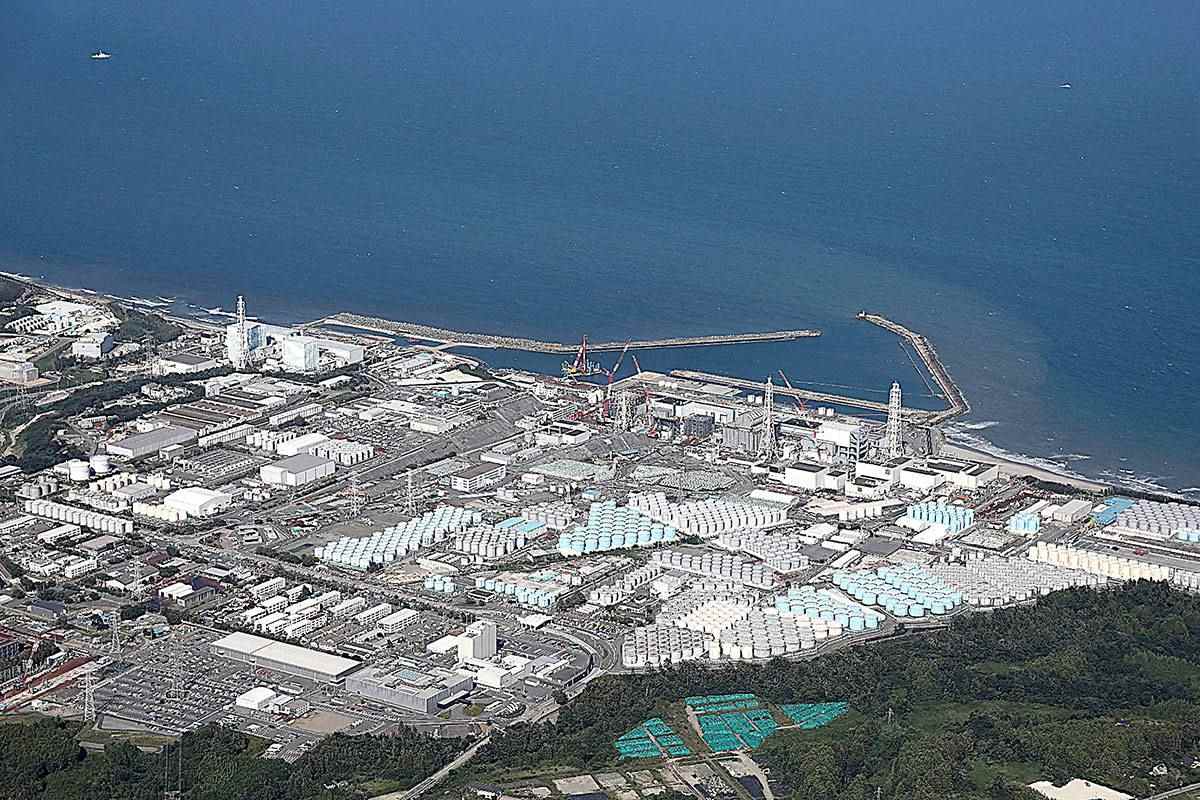The decision by made Japan to discharge the nuclear wastewater from the Fukushima Daiichi nuclear plant has come with international debate. A number of countries in Asia have divided on their stances. Some nations have approved of the water release as long as it is done within safety guidelines, while others have expressed found concerns over potential long-term implications.
In spite of the ongoing controversy, Tokyo Electric Power Company (TEPCO) announced this Thursday, August 24, that it has started the release of radioactive wastewater from the Fukushima Daiichi nuclear plant into the Pacific Ocean. TEPCO affirms it is set to release 7,800 cubic meters over a 17 days period.
The water release operation will be stopped if any issues or anomalies are detected, according to Japan. This decision might ensure that the equipment or the dilution levels in the wastewaters are monitored.
Asian countries have reacted to the release of the wastewater in different ways. On one hand, South Korea’s Prime Minister, Han Duck-soo, told Korean residents to trust the goverment and science and to not trust fake news regarding Japan’s wastewater release. In addition, Han mentioned that South Korea would send an expert to the IAEA office in Japan every two weeks to closely monitor if the country is complying with safety standards.
On the other hand, other countries have opposed strongly to Japan. This is the case for China and the Pacific Islands, as they have been vocal when rejecting the wastewater release. They have affirmed that this could have a regional and international impact, as it could threaten human health and the marine ecosystem.
Due to this, China announced a ban over seafood coming from Japan and the foreign affairs ministry stated that the wastewater release is going to “pass on the risks to the whole world and extend the pain to future generations of humankind.”

